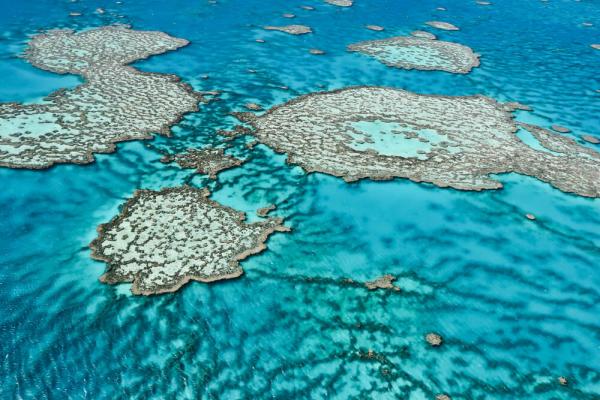On Oct. 13, Outside Magazine published an obituary for the Great Barrier Reef that went viral. The obituary describes the Great Barrier Reef as having “passed away in 2016 after a long illness. It was 25 million years old.”
It reads:
“In 1981, the same year that UNESCO designated the reef a World Heritage Site and called it ‘the most impressive marine area in the world,’ it experienced its first mass-bleaching incident … In 1981, water temperatures soared, two-thirds of the coral in the inner portions of the reef bleached, and scientists began to suspect that climate change threatened coral reefs in ways that no marine park could prevent.”
Outside Magazine’s obituary went viral online, but drew criticism from scientists who considered it irresponsible to deem the Great Barrier Reef dead. Terry Hughes, the director of the ARC Center of Excellence for Coral Reef Studies, told the Huffington Post that it’s still possible to “save the Great Barrier Reef:”
“Large sections of it (the southern half) escaped from the 2016 bleaching, and are in reasonable shape. The message should be that it isn’t too late for Australia to lift its game and better protect the GBR, not we should give up because the GBR is supposedly dead.”
Outside Magazine’s obituary has been shared online 1.26 million times. The magazine did not respond to the Huffington Post’s request for a comment on the controversy.
Got something to say about what you're reading? We value your feedback!
